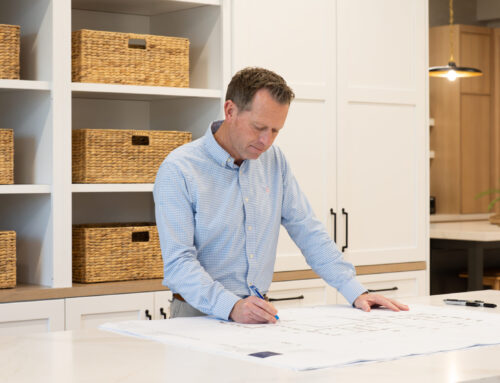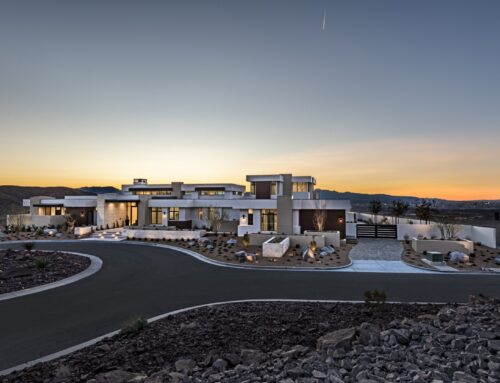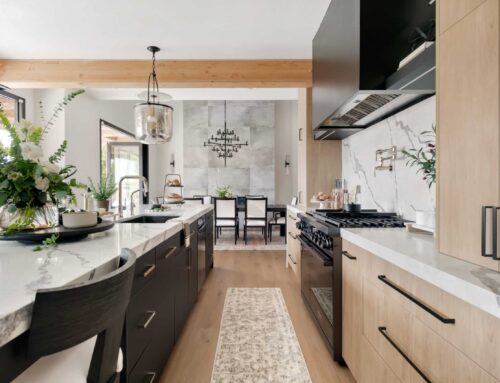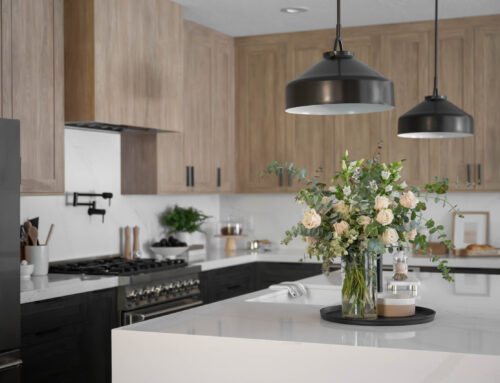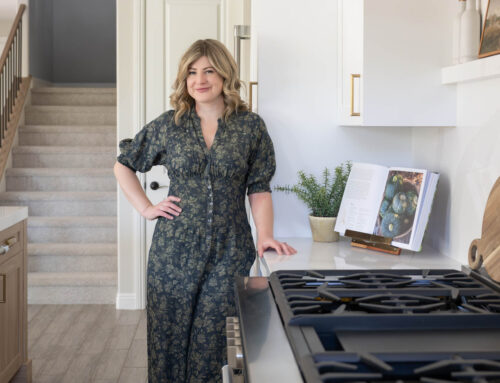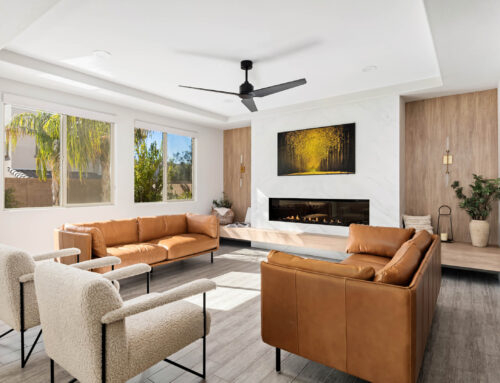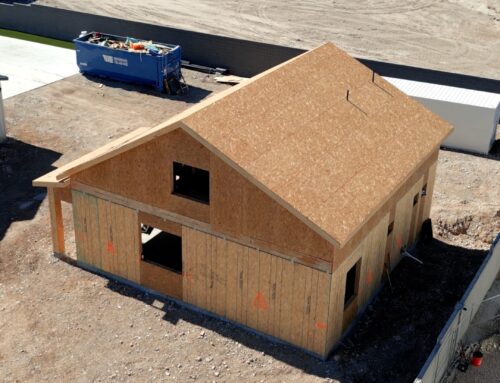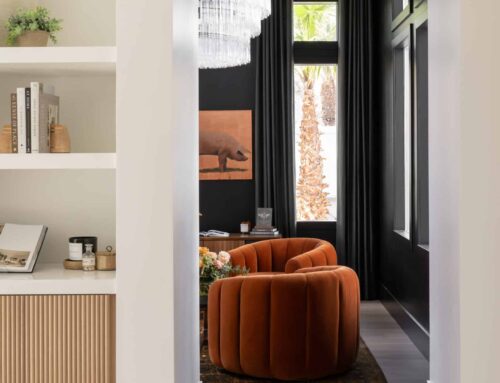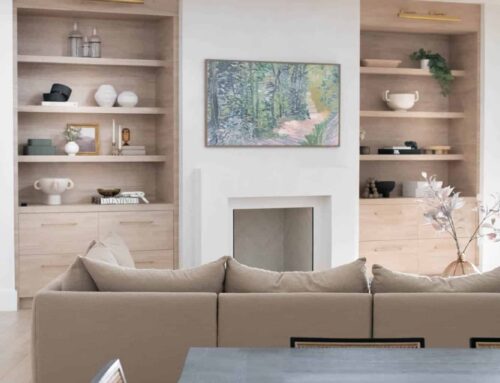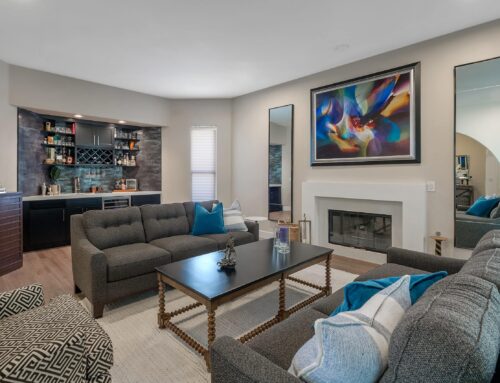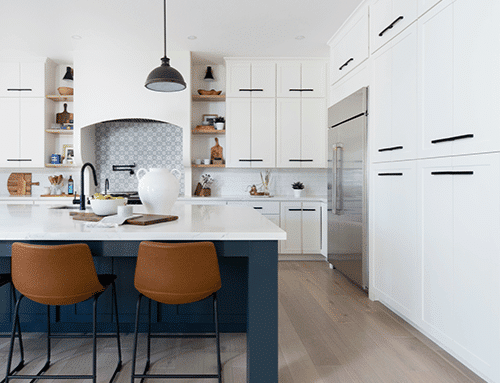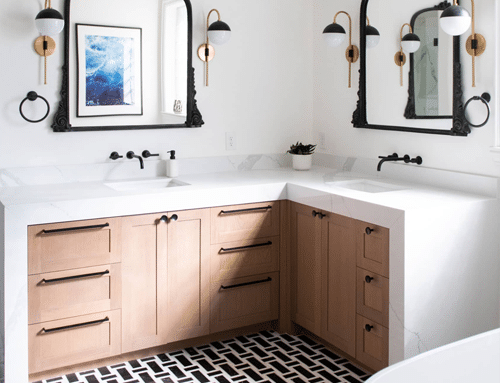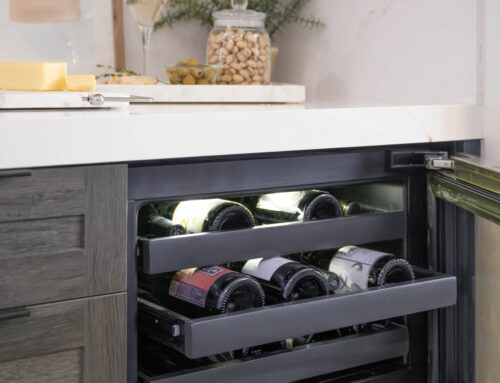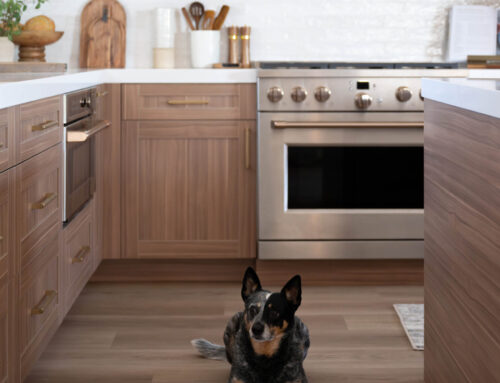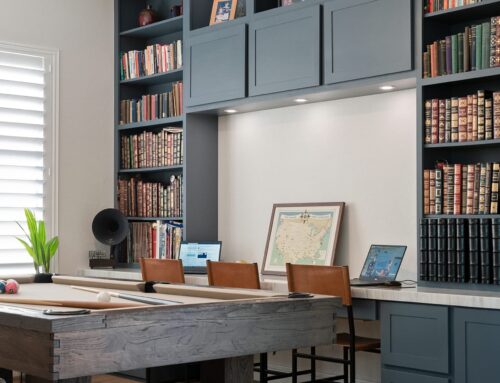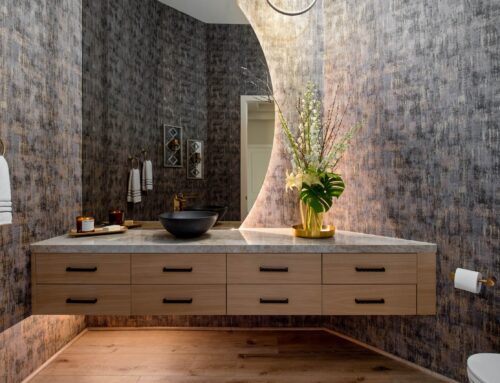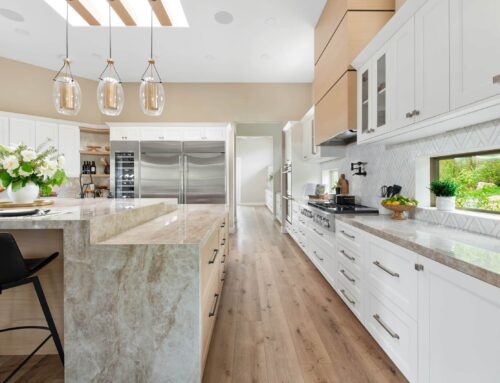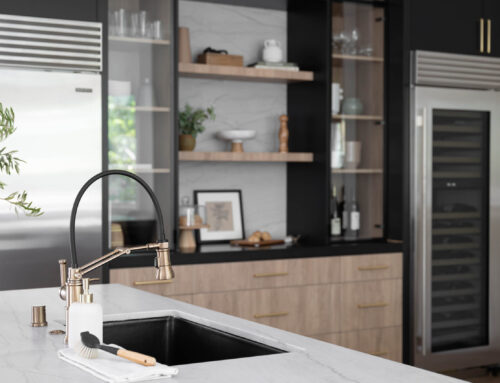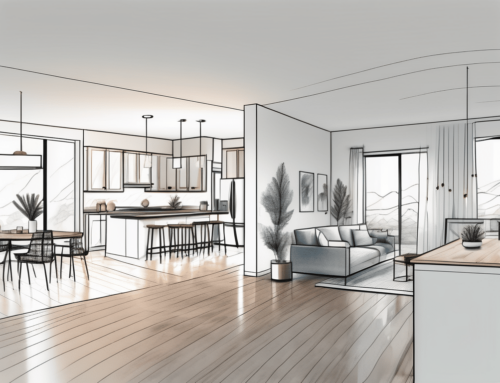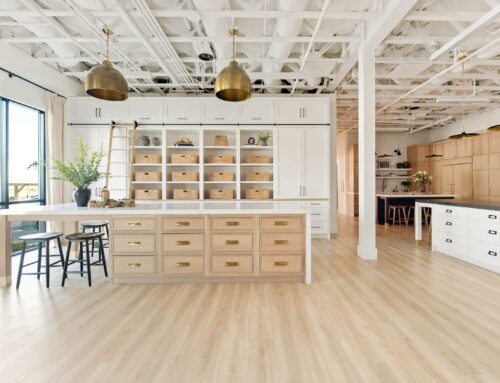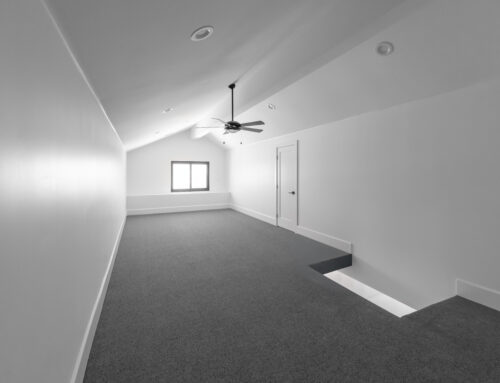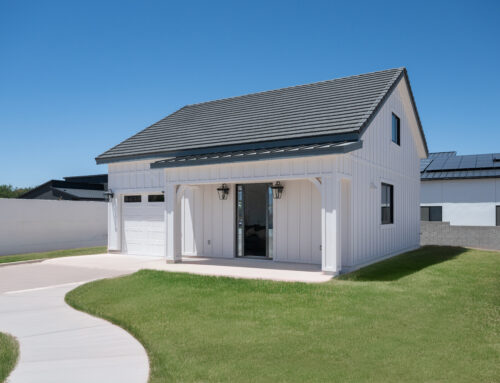How long does it take to build a custom kitchen
Building a custom kitchen is an exciting project that requires careful planning and consideration. Whether you’re looking to remodel an existing kitchen or create a brand new one from scratch, it’s important to understand the process and the factors that can influence the time frame. In this article, we will explore the different stages of building a custom kitchen, the typical timeline, and potential delays that can arise during the construction process.
Understanding the Process of Building a Custom Kitchen
Initial Planning and Design
The first step in building a custom kitchen is the initial planning and design phase. This is where you work closely with an architect or designer to create a layout and design that fits your needs and preferences. During this phase, you will discuss the overall style, functionality, and specific features you want in your custom kitchen. The designer will then come up with a detailed plan that includes measurements, floor plans, and 3D renderings to help you visualize the final result.
Imagine sitting down with the architect, sipping a cup of coffee, and pouring over design magazines, pointing out the features that catch your eye. You might find yourself drawn to sleek, modern designs with clean lines and minimalist aesthetics. Or perhaps you prefer a more rustic look, with warm, natural materials and cozy farmhouse vibes. Whatever your style, the architect will listen attentively, taking notes and asking questions to ensure they capture your vision perfectly.
Selecting Materials and Appliances
Once the design is finalized, the next step is selecting the materials and appliances for your custom kitchen. This includes choosing the cabinets, countertops, flooring, lighting fixtures, and other components. It’s important to consider both the aesthetic appeal and durability of the materials when making your selections. This can take time, as you may need to visit showrooms, browse catalogues, and compare different options before making a decision.
Picture yourself strolling through a showroom, running your fingers along the smooth surface of granite countertops, and marveling at the rich colors and patterns. You might find yourself torn between the timeless elegance of marble and the practicality of quartz. As you explore the possibilities, the knowledgeable staff will be there to guide you, offering expert advice and helping you weigh the pros and cons of each option.
The Role of Kitchen Contractors
A key component in building a custom kitchen is hiring experienced kitchen contractors. These professionals will be responsible for executing the design plans, managing the construction process, and coordinating with other tradespeople such as electricians and plumbers. They will also ensure that all necessary permits and inspections are obtained. It’s important to choose reputable contractors with a proven track record, as they will play a critical role in the success and timely completion of your custom kitchen.
Imagine the sound of hammers and saws filling the air as the contractors bring your dream kitchen to life. They work diligently, paying attention to every detail, from the precise measurements of the cabinets to the seamless installation of the appliances. You can rest easy knowing that these skilled professionals are handling the complex tasks, allowing you to focus on the excitement of seeing your vision become a reality.
Factors Influencing the Time Frame
Complexity of the Kitchen Design
The complexity of the kitchen design can significantly impact the time it takes to build a custom kitchen. If you have intricate architectural elements, unique features, or custom-built cabinetry, it may require more time and attention to detail during the construction process. Complex designs often involve more customization and may require additional time for fabrication and installation.
Moreover, intricate designs may necessitate specialized skills or craftsmanship, which could further extend the construction timeline. For instance, if your kitchen design includes intricate mosaic tiling or hand-carved woodwork, it may require the expertise of artisans who specialize in these techniques. This level of detail adds a layer of complexity to the project, demanding meticulous planning and execution to ensure a flawless outcome.
Availability of Materials
The availability of materials can also influence the time it takes to build a custom kitchen. If you choose materials that are in high demand or have a longer lead time, it may cause delays in the construction process. It’s important to work closely with your contractor to identify any potential material shortages or long wait times, so alternative options can be explored to keep the project on track.
In addition, certain materials may require customization or special ordering, which can add extra time to the project. For example, if you opt for a rare marble countertop or imported tiles, the procurement process may involve longer shipping times or production lead times. This factor underscores the importance of early decision-making regarding materials to prevent unforeseen delays once construction is underway.
Contractor’s Schedule and Efficiency
The schedule and efficiency of the kitchen contractors can greatly impact the overall timeline. If the contractors have other projects or commitments that overlap with your custom kitchen build, it may result in delays. It’s important to discuss the timeline and expectations with your contractors upfront and ensure they have the necessary resources and manpower to complete the project within the desired time frame.
Furthermore, the efficiency of the contractor’s workflow and coordination with subcontractors play a crucial role in meeting project deadlines. Effective project management, clear communication, and proactive problem-solving are essential for streamlining the construction process. By establishing a detailed schedule and regular progress updates, potential bottlenecks can be identified and addressed promptly to keep the project moving forward smoothly.
The Typical Timeline for a Custom Kitchen Build
Initial Weeks: Design and Planning
The initial weeks of the custom kitchen build are focused on design and planning. This is where you work closely with your designer and contractors to finalize the layout, select materials, and create a detailed construction plan. It’s an exciting time as you collaborate with experts to bring your dream kitchen to life. During this phase, you’ll have the opportunity to explore various design options, from sleek modern home styles to cozy farmhouse aesthetics. Your designer will guide you through the process, helping you make informed decisions about the best materials, colors, and finishes that suit your taste and lifestyle.
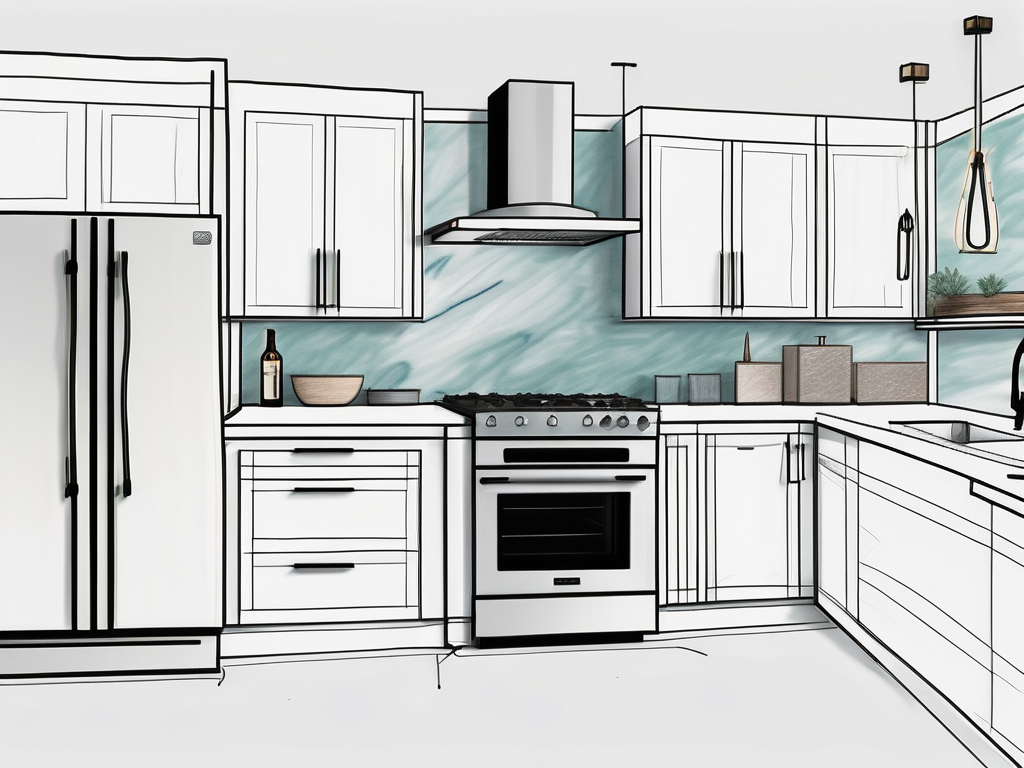
Once the layout is finalized, your contractors will conduct meticulous measurements to ensure every inch of your kitchen is utilized efficiently. They’ll take into account your specific needs and preferences, such as the placement of appliances, the amount of storage space required, and the flow of traffic. This attention to detail ensures that your custom kitchen is not only visually stunning but also highly functional.
Middle Phase: Construction and Installation
Once the design and planning phase is complete, the construction and installation phase begins. This is where the contractors will start transforming your vision into reality. They will coordinate the demolition, electrical and plumbing work, cabinetry installation, countertop fabrication, and other necessary tasks. The middle phase is usually the longest part of the process and can take several weeks to several months, depending on the scope of the project.
During this phase, you’ll witness the remarkable craftsmanship of the contractors as they skillfully bring your custom kitchen to life. From the precise installation of cabinets to the careful placement of tiles, every detail is executed with precision and expertise. The construction team will work diligently to ensure that the project stays on schedule, while also maintaining the highest standards of quality.
Final Stages: Finishing Touches and Clean-up
The final stages of building a custom kitchen involve adding the finishing touches and completing any remaining tasks. This includes painting, installing hardware and fixtures, connecting appliances, and performing thorough clean-up. The timeline for the final stages can vary depending on the complexity of the design and the efficiency of the contractors. Generally, it can take a few weeks to ensure everything is in place and the kitchen is fully functional.
During this phase, you’ll have the opportunity to see your custom kitchen come together in its entirety. The carefully chosen paint color will enhance the ambiance, the stylish hardware will add a touch of elegance, and the appliances will be seamlessly integrated into the design. As the contractors meticulously clean up the construction debris, you’ll be left with a pristine space that is ready for you to enjoy and create lasting memories in.
Potential Delays in Building a Custom Kitchen
Unexpected Construction Issues
During the construction process, unexpected issues can arise that can cause delays. These can include structural problems, electrical or plumbing complications, or discovering hidden issues behind the walls. Addressing these issues requires additional time and resources, which can impact the overall timeline of the project.
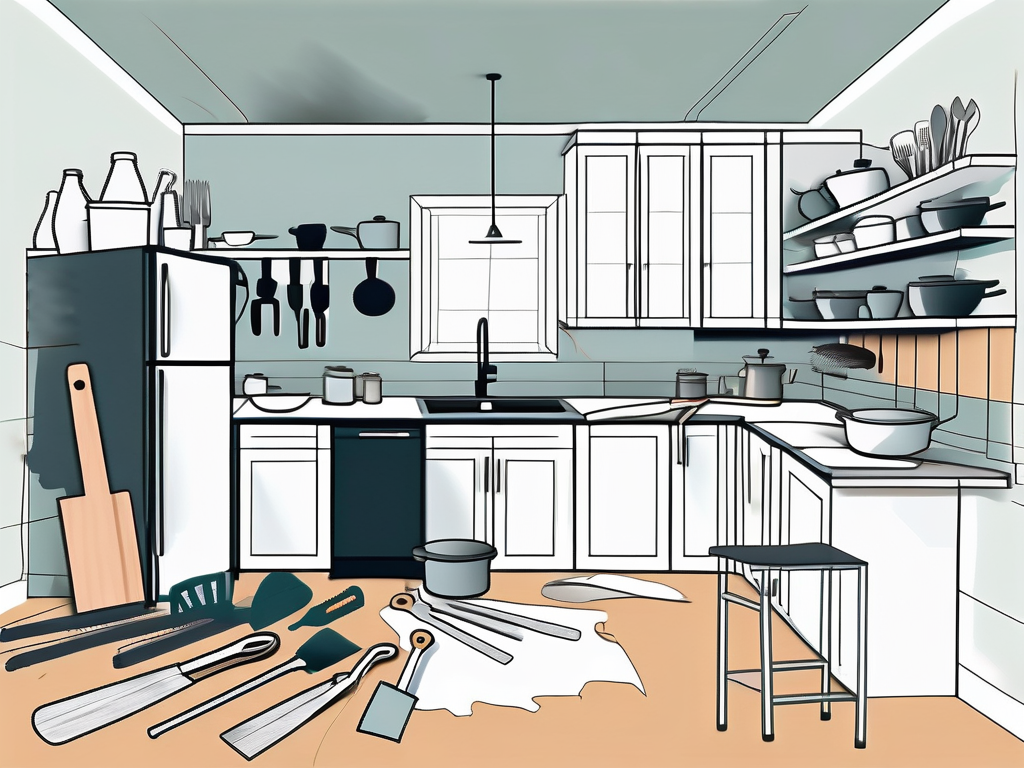
Changes in Design or Materials
Changes in design or materials can also lead to delays in building a custom kitchen. While some changes may be unavoidable due to unforeseen circumstances or evolving preferences, it’s important to minimize them as much as possible. Frequent design changes or material substitutions can disrupt the construction process and cause delays as the contractors need to adjust their plans and reschedule work.
Permit and Inspection Delays
Obtaining the necessary permits and scheduling inspections is an essential part of the custom kitchen building process. However, permit approval and inspection scheduling can sometimes take longer than anticipated. Delays can occur if there are backlogs in the permit office or if there are issues with the submitted plans that require revisions. It’s important to factor in potential delays when planning your custom kitchen build.
Building a custom kitchen is an intricate process that requires careful planning, coordination, and attention to detail. By understanding the process and the factors that can influence the time frame, you can better prepare for your custom kitchen build. Remember to communicate openly with your designer and contractors, make timely decisions, and be prepared for unexpected challenges. With proper planning and a little bit of patience, you can create the kitchen of your dreams that not only meets your expectations but also stands the test of time.

